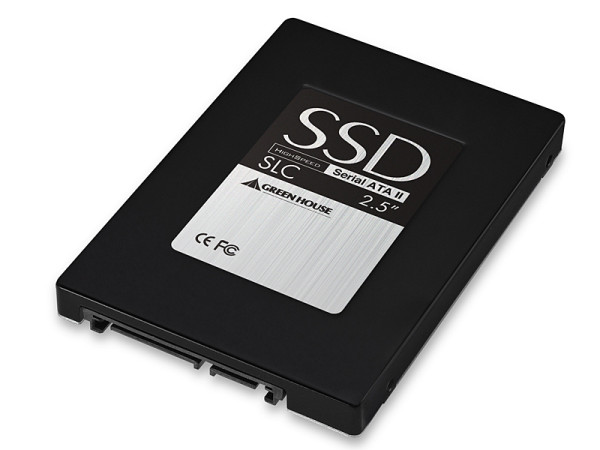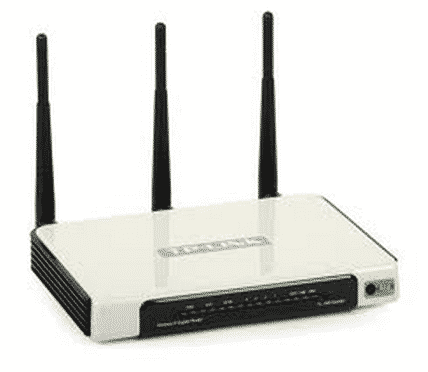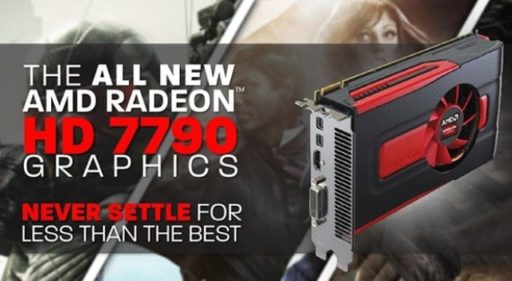Traditional hard drives (HDD) have been around for a long time. They have been popularly used in computers, laptops and other machines for a long, long time. However, a new storage technology called solid-state drive (SSD) is gaining traction around the world for its superior speeds and performance. Below is a comparison between SSD and HDD and a conclusion explaining which one is better and why.
You can never pin a decision, when it comes to technology, by relying on one or two factors. You will inevitably have to rely on a number of factors to see which of the two things, when compared, is better. I have attempted to prove, in light of multiple factors, whether SSD or HDD is better.
HDD is basically a mechanical drive with spinning disks, spindles and heads to read and write the data. SSD, on the other hand, contains none of these and is a solid state drive.
SSD Vs. HDD: Performance
Performance, in case of a hard disk, means that how fast your hard disk works. Does your computer takes ages to boot or does it boot in seconds? When you are accessing any data from your hard drive, are you able to do it fast or does it take a lot of time? These are the questions to consider in case of HDD as well as SSD.
Since it is a mechanical drive, HDD may result in high-burst speeds. This means that it may reach the start of a data you are trying to access immediately, but then it is unable to sustain that speed. SSD, on the other hand, is a high-speed drive which is able to sustain this speed. Another important feature is now SSD supports SATA 3.0 which support 6.0 Gb/s transfer. You can gauge the difference from the fact that HDD can furnish a read speed of up to 150 MB whereas an SSD can provide 510 MB. When it comes to writing speeds, HDD can perform at 150 MB while SSD can work up to 480 MB!
SSD Vs. HDD: Durability
Durability is a very important factor when deciding between HDD and SSD. Is the drive you are using secure or can it be damaged easily? Because if it is damaged easily, you may lost all of your data with slight carelessness. Moreover, what is the life-span of your drive? Will it expire within a year or two or will it last longer?
A drive comprising of mechanical heads and other components can easily be damaged, be that by a physical jolt or an electric shock. That’s what happens with HDD often. SSD, on the other hand, can stand all this and more without taking any damage. Moreover, the life span of HDD is expectedly three to five years while that of SSD is in decades.
SSD Vs. HDD: Power Consumption
In terms of power consumption, HDD is a dinosaur. On average, an HDD consumes six or more Watts power whereas an SSD uses three Watts or less! That’s a difference of 50%. In this way, you can calculate that although SSD may cost more, you will be able to save a lot in energy bills by using an SSD.
Also, fluctuations in the power supply can permanently damage HDD, making you lose your important data stored on it. SSD, on the other hand, can stand power fluctuations and if power drops too low, a secondary voltage hold-up circuit takes care of this. Specially in Laptop using SSD you will get at least 30 minute more battery life, depending on other factors, too.
SSD Vs. HDD: Hot Unplug/Plug Feature
When you hitch up your HDD to a computer, the computer takes a lot of time to discover it and reboot with this drive can take a lot of time. With SSD, the moment you plug it into a computer, it is available within seconds! Naturally, with SSD, the boot speed of the machine is greatly enhanced. Also using SSD in USB port or in eSATA port is very easy and does not require system to reboot to recognize the SSD.
SSD Vs. HDD: Pricing
SSD is slightly pricier as compared to HDD. Just consider this: you can lay your hands on a HDD with 1 Terabyte space for a mere $90. Getting a SSD for the same space will cost you a lot. Gauge it from this that you will pay $60 for a SSD with 60GB of space. The prices of SSD are dropping as their use becomes more widespread. So you can expect this price tag to go even lower in the coming days.
SSD Vs. HDD: The Verdict
So, in view of all of this, the question is which is better and why. I’m sure most would agree by now that SSD is better than HDD in nearly all measures. We can’t look away from the countless advantages of using a SSD. And SSD is taking over HDD, check all recent Laptop, Desktop, Mac, All-in-One PCs are coming with at least one SSD.
The best thing to do, then, for a common user, is to purchase a SSD with some space, one which is affordable and install the OS and other important software on it. For instance you can easily afford the above mentioned 60GB SSD. This SSD drive can then be used to boot the machine while you can keep your data on a huge terabyte HDD. This would ensure that the machine boots fast and the system is secure and that, at the same time, you have loads of data storage space on your machine. In this way, you will be able to reap the benefits of both.
Easy & Cheapest System Performance Improvement Using SSD
Moreover, by adding a small SSD to your machine and boasting the boot speed, you can easily improve the performance of your machine without having to go for a pricey upgrade, such as that of the processor or the RAM. Simply by including an SSD, you can enjoy better and faster speeds of your machine. If you wish to replace your laptop’s hard drive with SSD, here’s a detailed tutorial to help you step-by-step.
Sources: ServerWatch/ SSDreview/ PCWorld
[ttjad keyword=”ssd”]




however, i’ve read from several articles saying that the error that is produced when reading or writing files on SSD is one of the main issue now… is that correct? does the read and write speed decrease as it is used constantly?